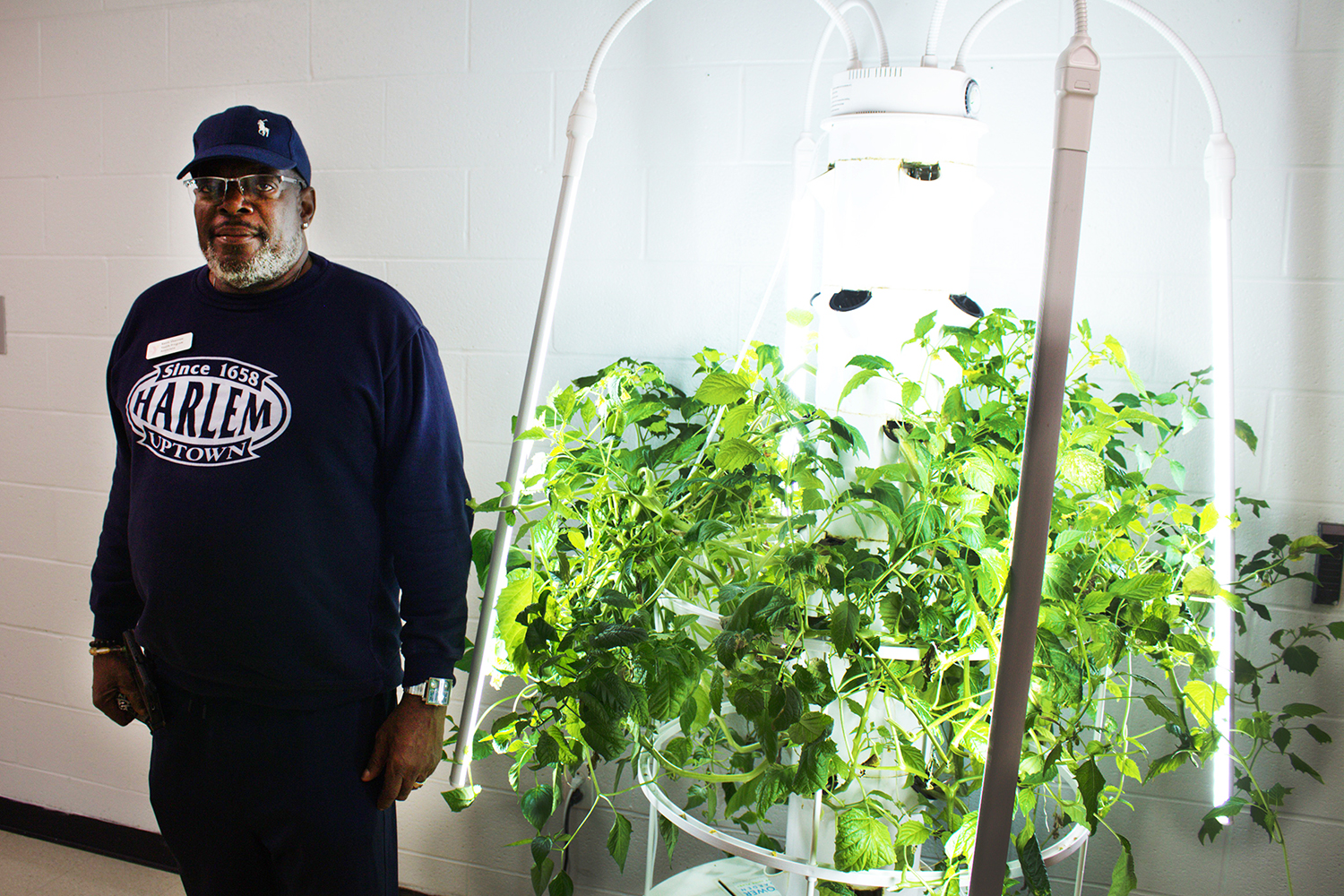What if the medical treatment that saves your life also impairs your ability to have children? For years, this question has troubled thousands of young women with cancer.
Now, the Center for Advanced Reproductive Services at the Health Center has joined forces with a national network that is promoting new ways to improve fertility-preserving options for women of child-bearing age diagnosed with cancer.
“Fortunately, for many young women, there is life after cancer, says fertility expert Dr. Lawrence Engmann, clinical professor of obstetrics and gynecology. “Our goal is to help those women achieve the dream of starting a family, even if life-saving cancer treatments, such as radiation, chemotherapy, or surgery, have compromised their reproductive abilities.”

Engmann notes that some treatments for cancer can cause ovarian damage, premature menopause, and other problems that affect fertility.
UConn is now one of approximately 50 fertility centers nationwide that are part of the Oncofertility Consortium, a research-focused organization based at Northwestern University’s Feinberg School of Medicine and funded by the National Institutes of Health. The consortium is dedicated to developing technologies that will improve fertility-preserving options for female cancer patients.
For patients, this means access to specialized services, including expedited or “emergency” in vitro fertilization (IVF). Typically, the IVF process takes about 30 days to create embryos that can be frozen and stored until after the patient’s cancer treatments are concluded.
“Any woman with cancer will be seen immediately – there is no waiting – so she can start the IVF process right away,” Engmann says. The Center provides care seven days a week, as well as counseling, support, and guidance.
For Veronica Marrero of Waterbury, who was diagnosed with uterine cancer at age 33, and her husband, this was the ideal option. “We had a limited window of opportunity to go through IVF before I underwent surgery to treat the cancer,” she says. “We got in right away and within two weeks we underwent the procedure.”
Marrero says she is now cancer free and feeling very well.
For women who cannot delay cancer treatments for the 30 days or more typically needed to complete an IVF cycle, a new option is also available through oncofertility.
“Through a simple, laparoscopic procedure, we remove ovarian tissue,” Engmann says. “Eighty percent of the tissue is then frozen, with the goal of harvesting eggs when the woman is ready to begin fertility treatments. Twenty percent of the tissue is sent to the Oncofertility Consortium for research.”
Harvesting eggs from frozen tissue is still an investigational procedure, he notes. “However, there is very strong evidence to suggest that this procedure will be successful. In addition, unlike IVF, tissue freezing may become an option for even younger patients – teens, girls, and even toddlers who have not yet undergone puberty. That is a very intriguing possibility.”
The oncofertility partnership has been well received by cancer specialists in the region.
“For many years, physicians treating young women with cancer were focused on one goal: saving lives,” says Dr. Carolyn Runowicz, director of the Carole and Ray Neag Comprehensive Cancer Center, a nationally prominent gynecologic oncologist. “But we now know that we can save lives and at the same time help young women take specific steps so they can start a family, or have more children, later in life.
“Over the last two decades, we’ve seen a dramatic increase in the number of cancer survivors in the U.S.,” Runowicz adds. “For many women, life beyond cancer includes the possibility of becoming a parent.”
For more information, call 860-679-6548.


